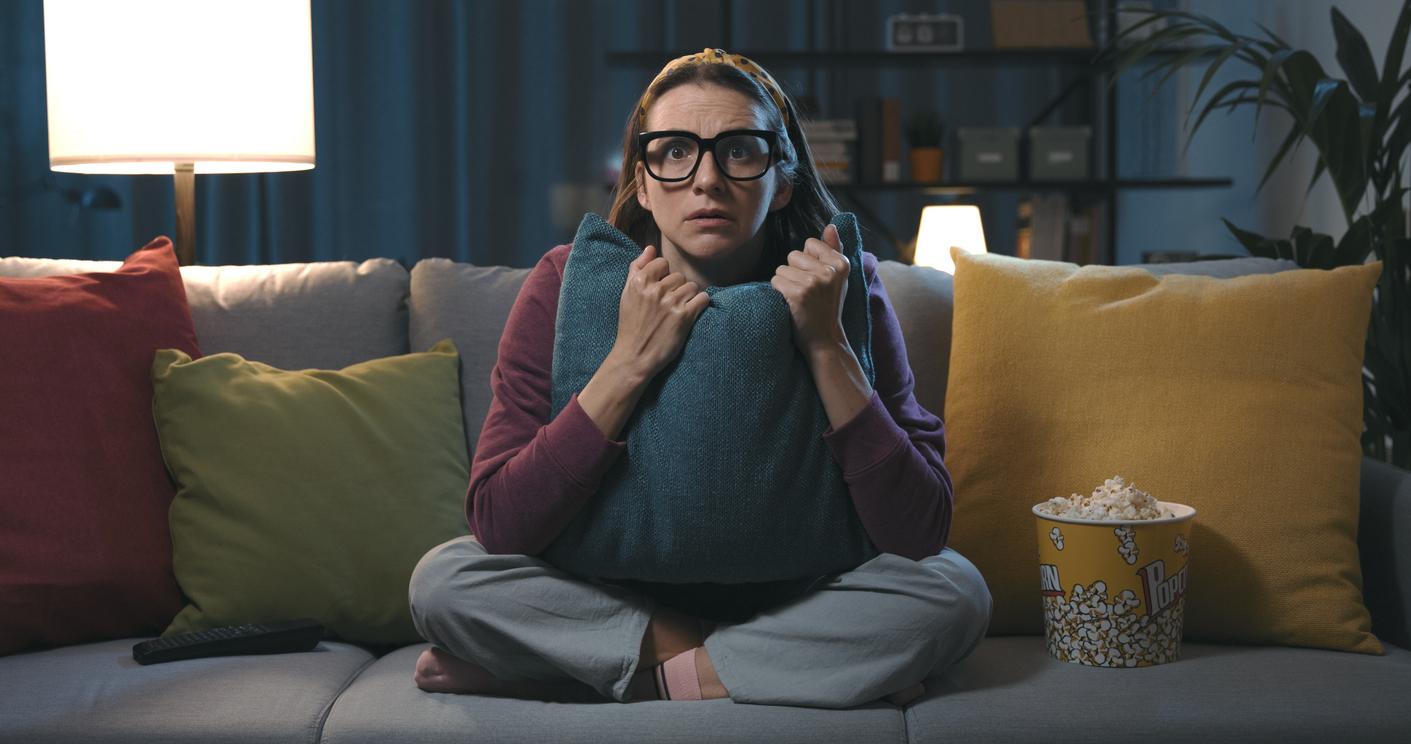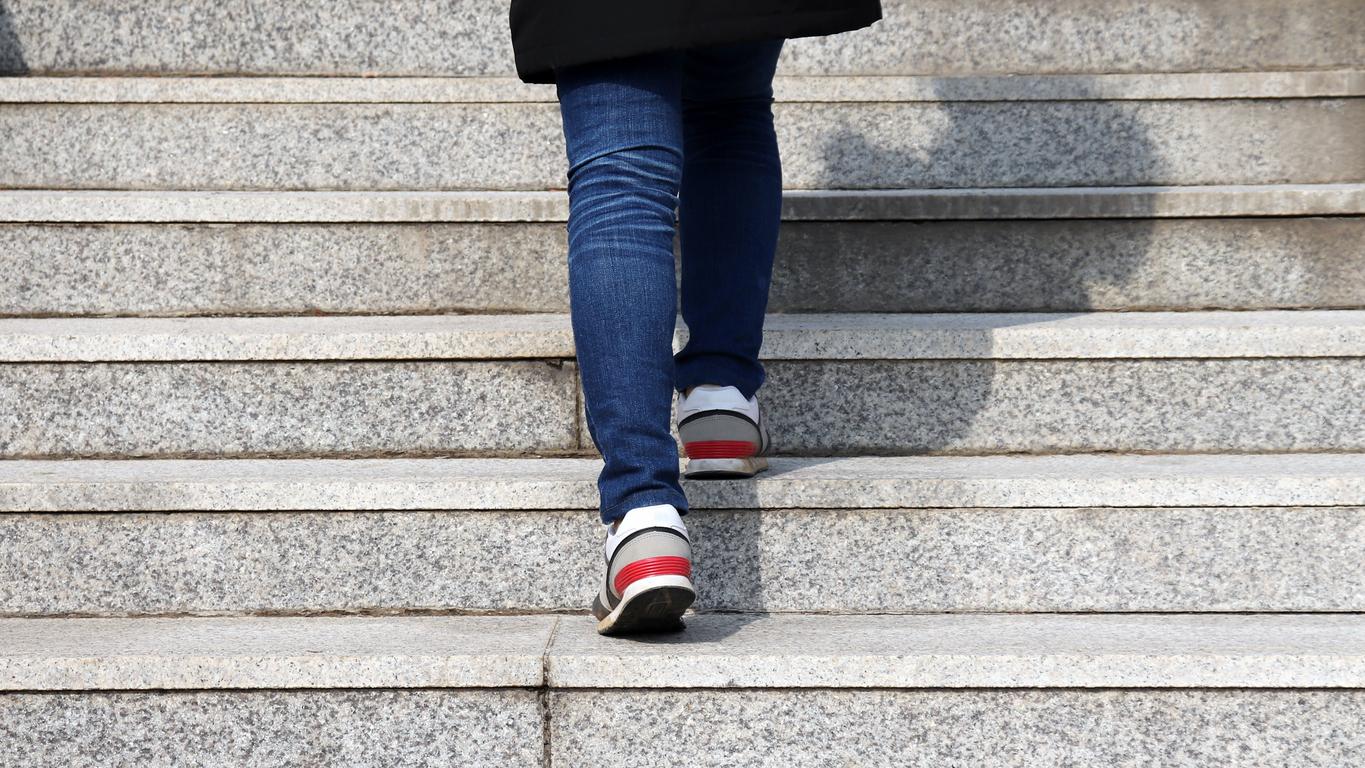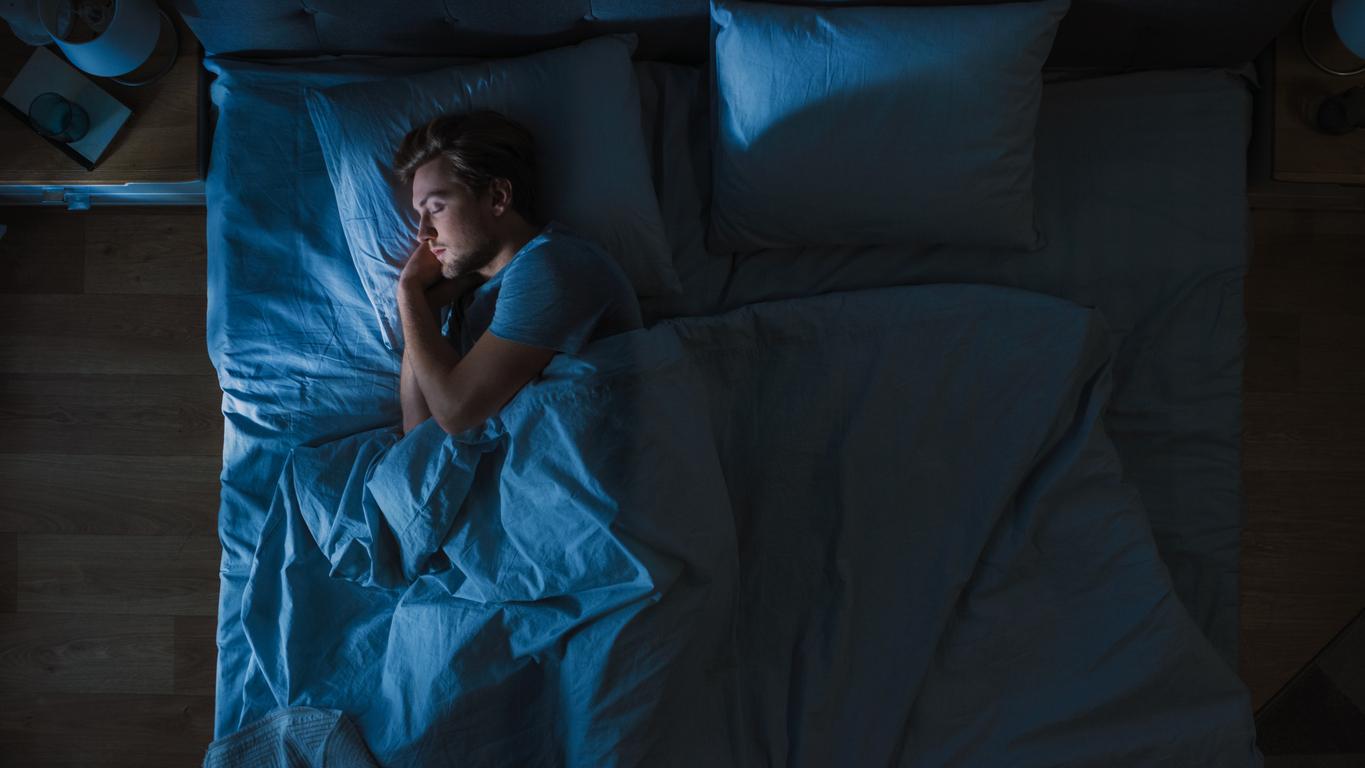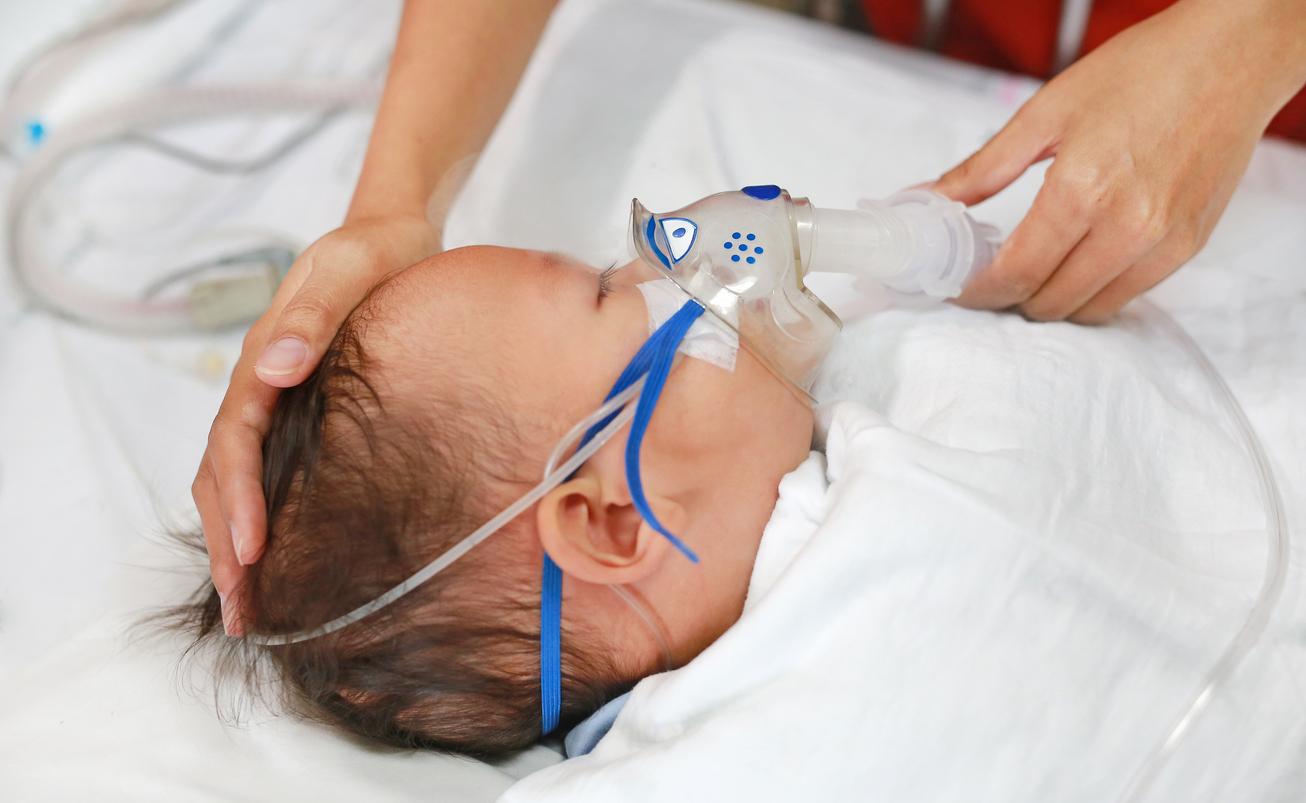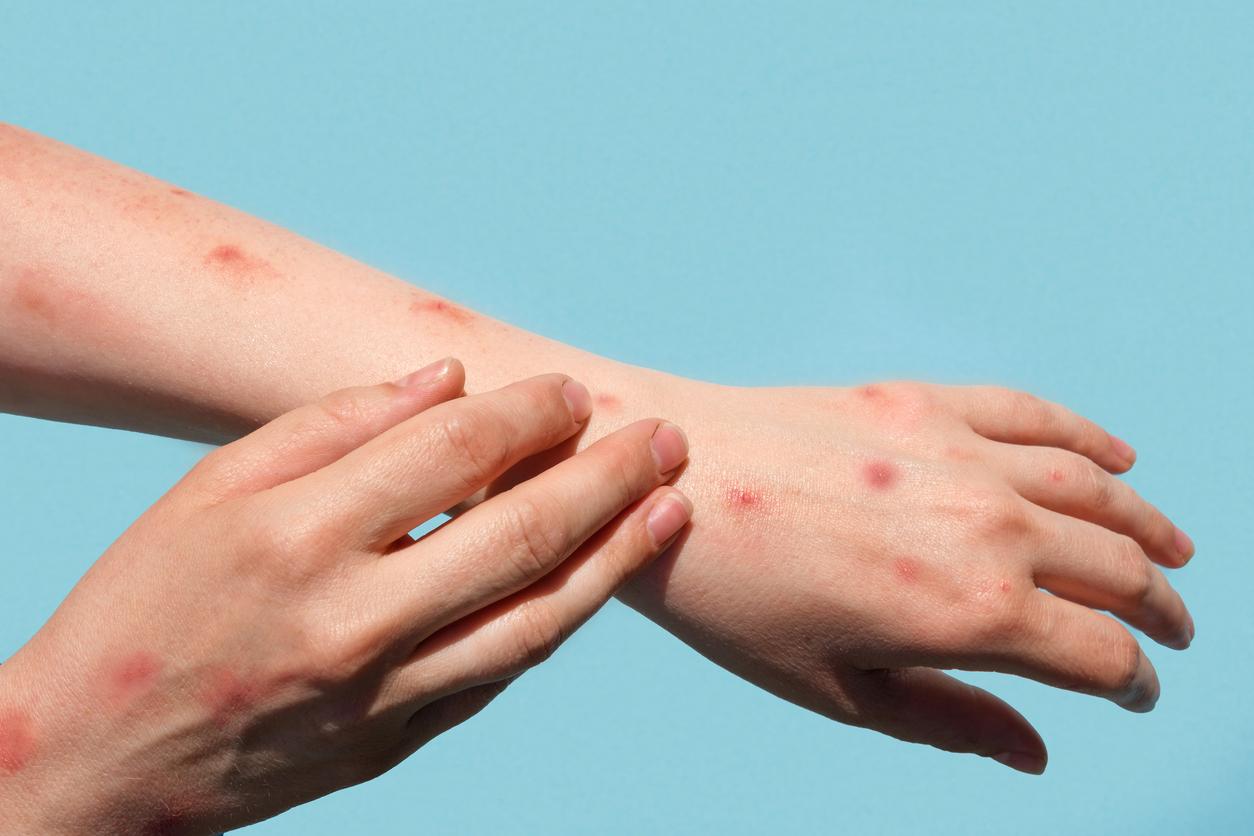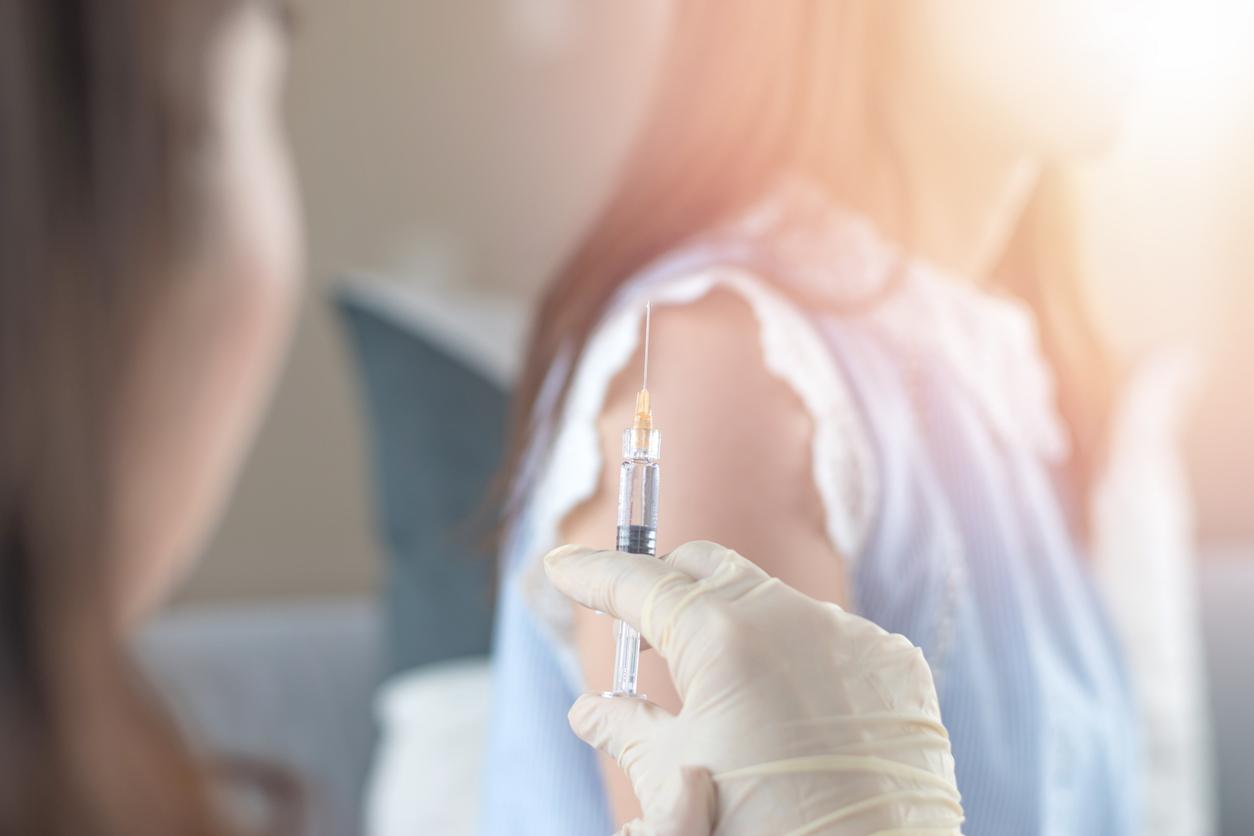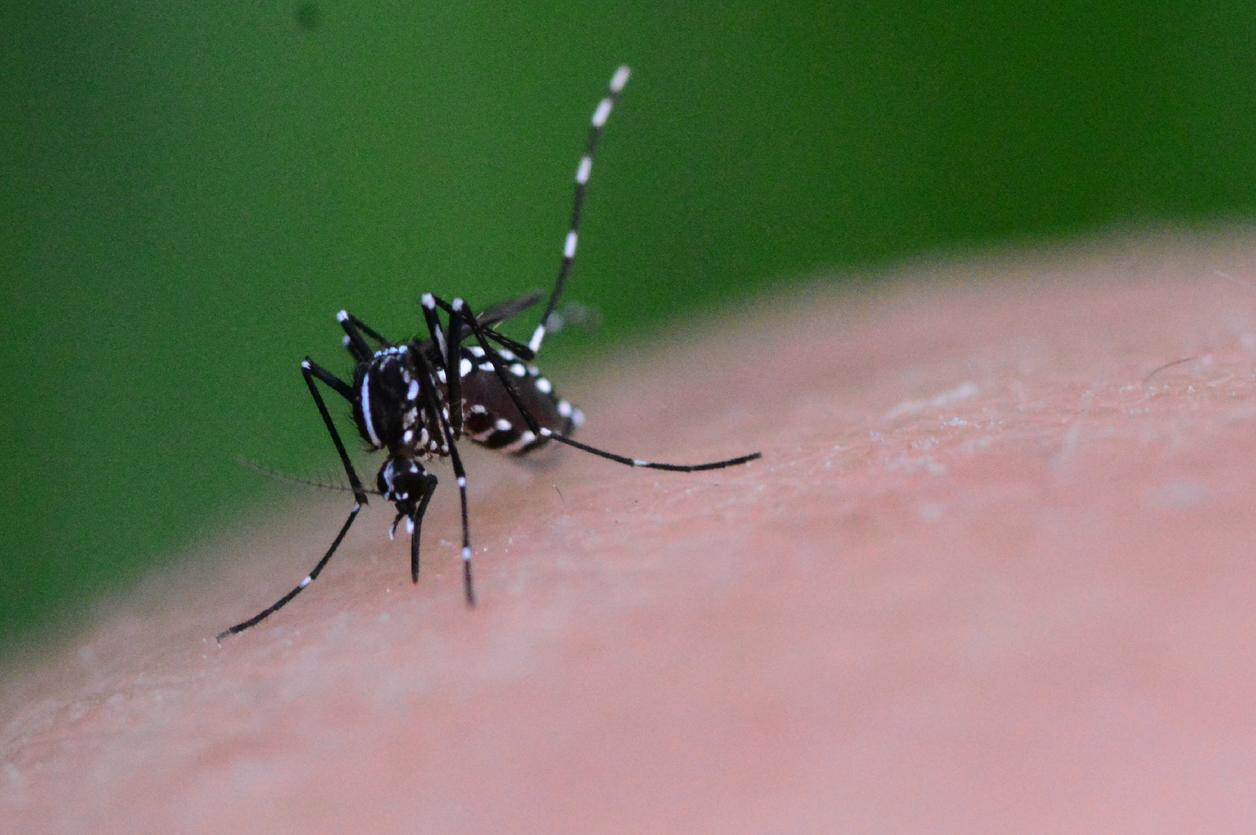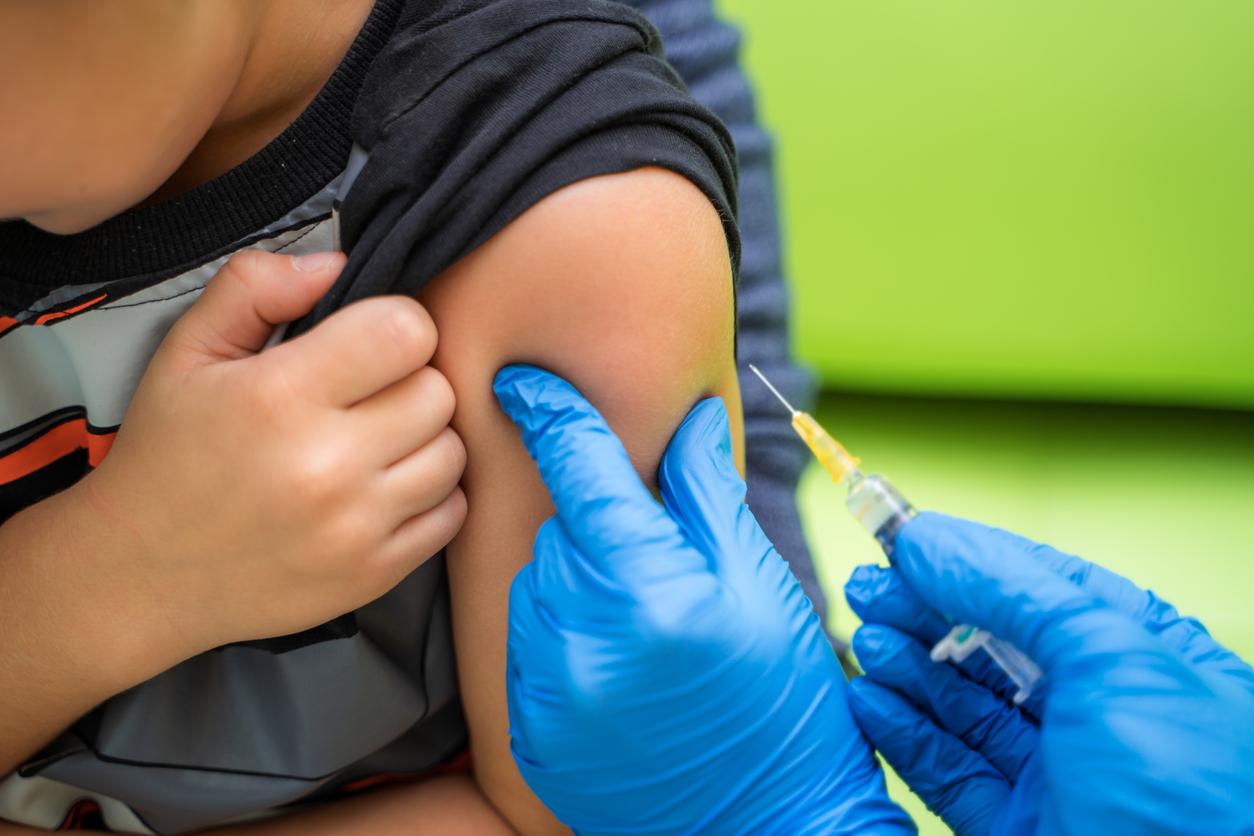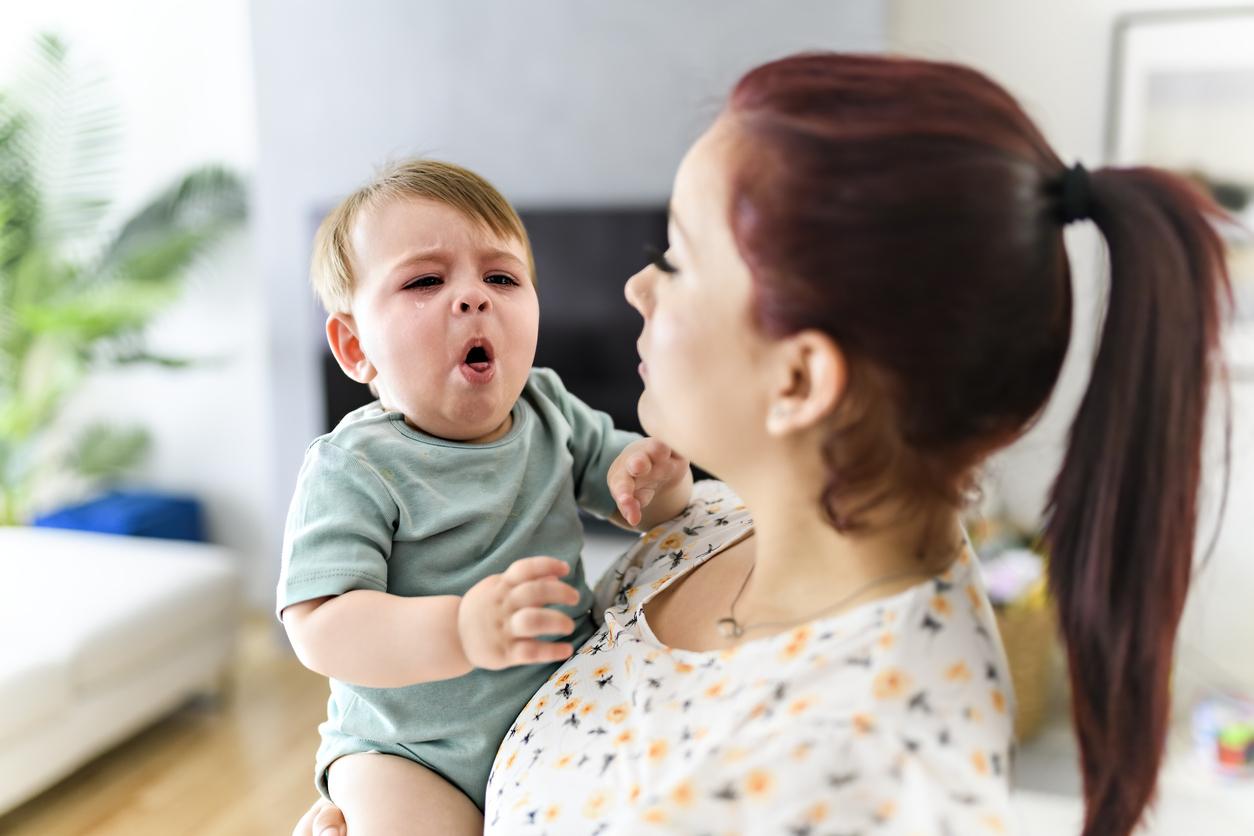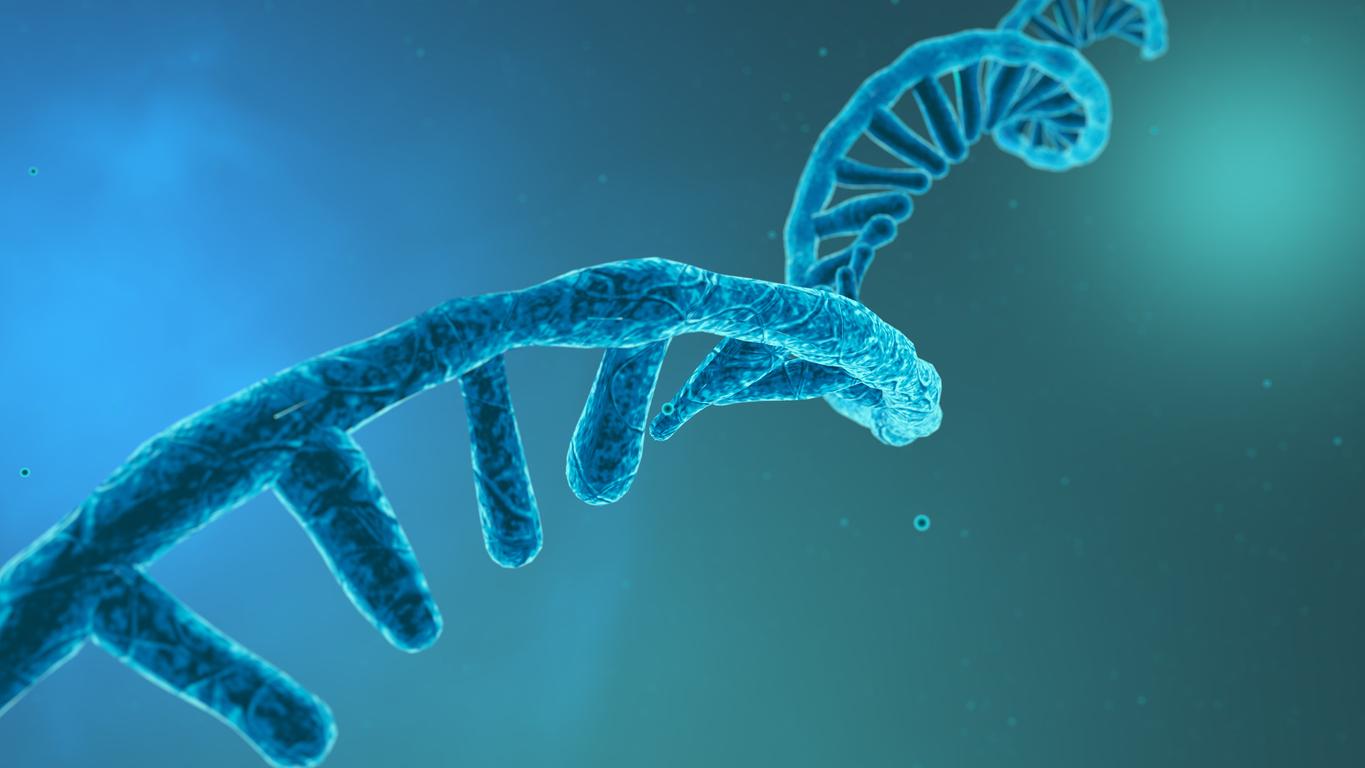It all started at Disneyland, in the Californian theme park in December 2014. A young woman suffering from measles had gone to the amusement park and had then infected seven people. Very quickly, it was a real epidemic that affected the country: between January 1 and January 30, 2015, 102 people from 14 different US states were diagnosed with measles, according to the Center for Disease Control and Prevention (CDC) from United States. 92% of cases are linked to contagions at Disneyland.
Before’epidemic Currently, 2014 was also an “exceptional” year for measles: 644 cases had been identified in 27 states. Most of them (383 cases, or more than 59%) were found in unvaccinated Amish communities.
An anti-vaccine attitude that worries the authorities
The attitude of rejection towards the vaccine which has been raging for several years worries the authorities, as much as it is fueling the epidemic. Because if the vaccination rate is currently 92% nationwide, 19 states, including California, Vermont and New Mexico, offer “philosophical exceptions” that allow parents to refuse their children to be vaccinated against sickness.
Their fear? Watching their children become autistic from the vaccine, as the growing number of anti-vaccine activists (called anti-vaxxers) suggest.
However, to date, there is no scientific evidence that would confirm that the triple vaccine (measles, rubella and mumps) leads to the development of autism. This controversy actually dates back to a scientific publication dated 1998 published in The Lancet and refuted in 2010. But on the Internet, many sites created by parents of autistic children explain point by point how the state and the CDC lie. to the American population.
Faced with the rise of this feeling of mistrust, the President of the United States Barack Obama wanted to speak out to convince the most skeptical and refractory to ignore these unfounded beliefs: “I know that there are families who are sometimes worried about the effects of vaccination but you have to know that the science is really indisputable, ”he said in an interview with NBC television. “We have looked at this many times and there is no reason not to get the vaccine. “
Note that this rejection of the vaccine is also detrimental to children with allergies who cannot be vaccinated. In fact, the higher the rate of vaccinated people, the lower the risk for a non-immune person of contracting the disease. This is called “herd immunity”.
Read also :
No, the measles vaccine does not cause autism
Vaccines more feared than disease
Measles: mortality is falling, but epidemics persist



